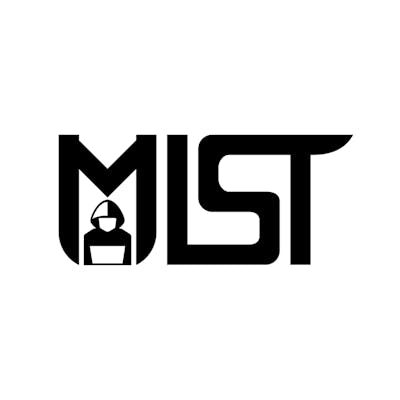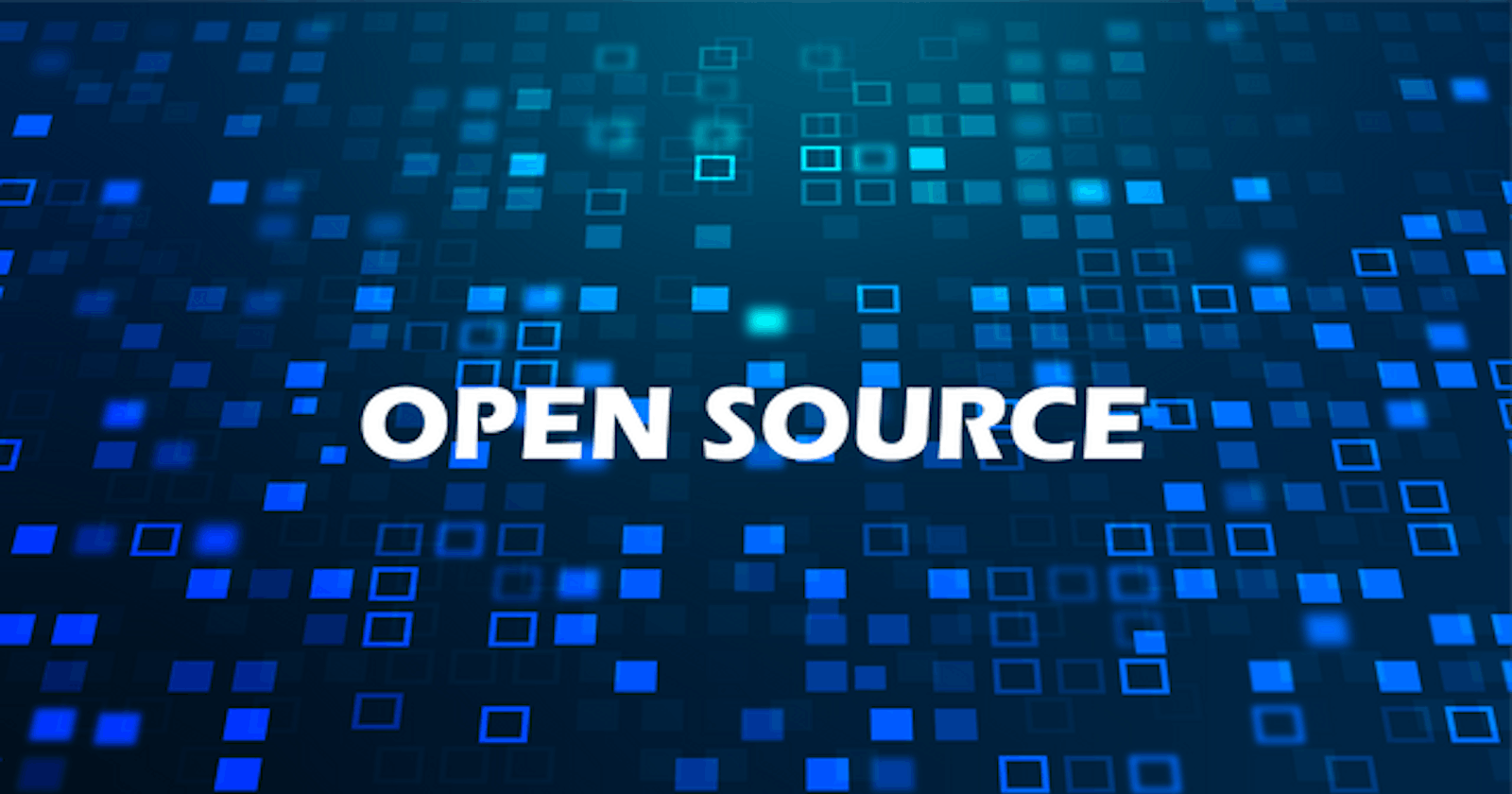Open Source or Open Source Software refers to a type of software that is open for public access, making it available for use, modification, and distribution with its original rights. The source code is the unseen foundation of every such software, and it controls every aspect of the application. Open Source essentially means that programmers worldwide have access to the source code and can improve and build on the existing code. This promotes a community-based environment for building applications and resolving bugs.
How it all started
Development based on the sharing and collaborative improvement of software source code has historically been seen as software development itself. In the late 1990s, interest and participation in this phenomenon increased with mainstream recognition of Linux in publications like Forbes and the release of the Netscape browser's source code.
Open Source was initially derived from the Debian Free Software Guidelines ( DFSG). The original draft of the DFSG was composed by Bruce Perens, and in 1977, it was edited, refined, and approved as a formal policy by the Debian developer community.
Open source software v/s Closed source software
With the growing popularity of open-source software over closed source software, it is essential to differentiate between them.
- The most apparent difference between OSS and CSS is the availability of its source code, as CSS refers to software with private source codes that are not available to the public
- OSS is available for zero or very nominal charges; On the other hand, the cost of CSS varies according to the size of the application.
- OSS is less user-friendly compared to CSS because the user experience is a crucial consideration during CSS development.
- The participation of the developer's community is high in OSS because their participation in the development, review, critique, and enhancement of the software is the essence of OSS. In contrast, CSS is a closed community involving the sole participation of the owner or organisation.
Why choose open source?
Cost: The first and foremost benefit that these types of software offer are free-of-cost products that you can develop and build on, making it a go-to option for many developers that can't afford the highly-priced alternatives.
Fast-paced: Most projects strive to push out frequent updates in this current age of instant and continuous delivery. The open-source community was ahead of the curve on this aspect. In most cases, open-source development still outpaces that of closed source platforms.
Customisable: Today's world, computing is evolving thanks to developments like the IoT and cloud-based computing. There is a wide range of different hardware profiles and software deployment scenarios. Open Source is perfect for such an environment as it is easy to customise and can be tailored for personal or corporate needs.
Open to everyone: If you want to join the open-source community, the only criteria is your capability to contribute in some way or the other. Generally, the open source projects rarely ask for credentials or professional backgrounds for you to contribute to them. This is what makes open-source software appealing in a way closed source software companies cant match.
How is Open Source relevant?
These days the technical relevance of anything is, more often than not, directly proportional to it's adoption of AI and ML algorithms. There are thousands of people who work on projects related to AI and ML.
GitHub provides it's own open source AI tool named GitHub copilot. Just like many AI applications take your voice and convert it into words, GitHub Copilot takes your code and provides real time suggestions for code completion, among other features!
As described in an earlier blog post about GitHub copilot, there is little scope for AI to take up developer positions any time soon. But, throwing open the doors of open source to make AI and ML more accessible to developers and programmers makes it much easier for teams to collaborate on projects and work together towards developing more efficient solutions to persistent problems.
The Future of Open Source
In a world where applications are become increasingly privacy sensitive and technologically advanced, open source is a breath of fresh air. It lets people understand what is going on under the hood of some of the world's largest software. And the best part? It is free to be used, modified and distributed by anyone who is capable of making sense of it!
In such a setting, open source looks to have a promising and exciting future as more and more individuals and companies are jumping into the open source bandwagon. It can safely be concluded that some of the best software that the world will see in times to come will be heavily dependent on the generous open source community.
Written by Parv Kohli and Rohan Devata

